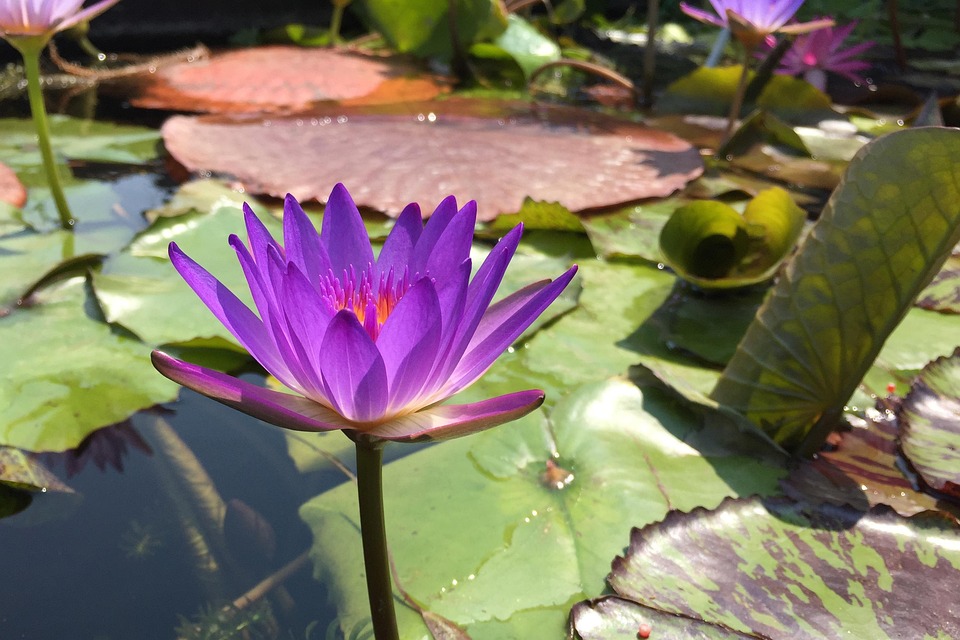In today’s fast-paced world, taking care of our physical, emotional, and spiritual well-being is more important than ever. One practice that has gained popularity in recent years for its numerous benefits is Reiki. This ancient Japanese technique involves the transfer of energy from the practitioner’s hands to the client’s body, promoting relaxation, balance, and healing. In this article, we will explore how Reiki can be used as a powerful tool for self-care, nurturing both the body and the soul.
What is Reiki?
Reiki is a holistic, light-touch therapy that originated in Japan in the early 20th century. The word “Reiki” is derived from two Japanese words: “Rei,” meaning “universal,” and “Ki,” meaning “life energy.” This practice is based on the idea that a universal life force energy flows through all living things, and that this energy can be harnessed and transferred to promote healing and balance. Reiki is typically performed by a trained practitioner who uses their hands to channel and transmit this energy to the client’s body.
Benefits of Reiki for Self-Care
Reiki offers numerous benefits for self-care, including:
- Reduced stress and anxiety: Reiki has been shown to decrease the production of stress hormones like cortisol, promoting relaxation and calmness.
- Improved sleep: Regular Reiki practice can help regulate sleep patterns and improve the quality of sleep.
- Pain relief: Reiki can help alleviate chronic pain, inflammation, and discomfort by promoting healing and balance in the body.
- Emotional balance: Reiki can help process and release emotions, promoting emotional balance and well-being.
- Increased self-awareness: Reiki can help individuals develop a greater understanding of themselves, their thoughts, and their emotions.
How to Use Reiki for Self-Care
While Reiki is typically performed by a trained practitioner, there are ways to incorporate this practice into your self-care routine:
- Learn Reiki: Consider taking a Reiki course to learn the basics of this practice and how to perform it on yourself and others.
- Practice self-Reiki: Set aside time each day to practice Reiki on yourself, focusing on areas of tension or discomfort.
- Use Reiki during meditation: Combine Reiki with meditation to enhance the benefits of both practices and promote deep relaxation.
- Incorporate Reiki into your daily routine: Use Reiki during your daily activities, such as during your morning coffee or before bed, to promote balance and well-being.
Tips for Incorporating Reiki into Your Self-Care Routine
To get the most out of Reiki as a self-care practice, consider the following tips:
- Start small: Begin with short Reiki sessions and gradually increase the duration as you become more comfortable with the practice.
- Be consistent: Aim to practice Reiki at the same time each day to make it a habit and experience the cumulative benefits.
- Focus on your intentions: Before each Reiki session, set an intention for what you want to achieve, such as relaxation or stress relief.
- Listen to your body: Pay attention to your body’s responses to Reiki, and adjust your practice accordingly.
Conclusion
Reiki is a powerful tool for self-care, offering numerous benefits for the body, mind, and spirit. By incorporating Reiki into your daily routine, you can promote relaxation, balance, and healing, nurturing your overall well-being. Whether you choose to learn Reiki, practice self-Reiki, or combine it with other self-care practices, this ancient technique can be a valuable addition to your self-care arsenal.
Remember, taking care of yourself is essential to living a happy, healthy, and fulfilling life. By prioritizing self-care and incorporating practices like Reiki, you can cultivate a deeper sense of well-being and inner peace, empowering you to navigate life’s challenges with greater ease and resilience.


Leave a Reply